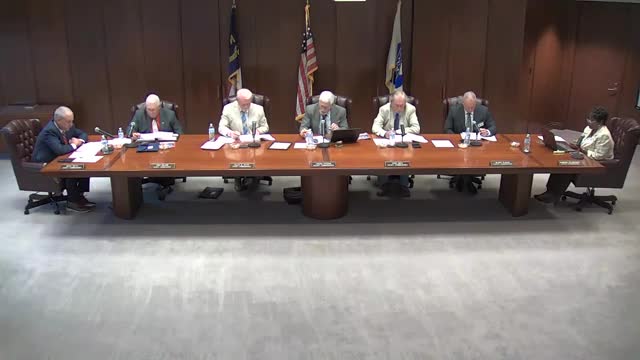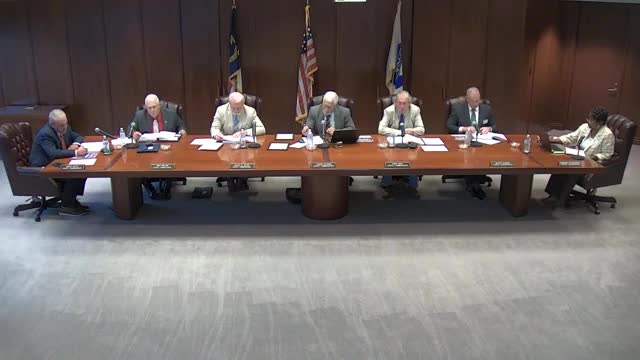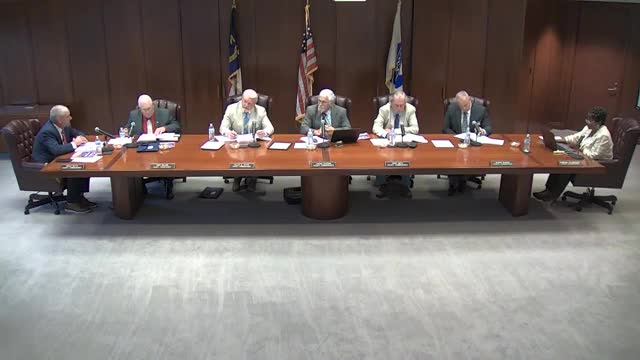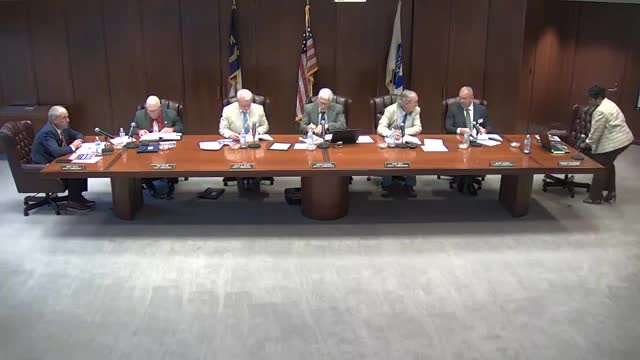Article not found
This article is no longer available. But don't worry—we've gathered other articles that discuss the same topic.

County attorney outlines legal options after commissioners raise concerns about school-area protests that impede traffic

Votes at a glance: Columbus County Board actions on grants, contracts, sewer projects and proclamations

Columbus County schedules May 19 budget workshop as finance staff warns of multimillion-dollar shortfall

